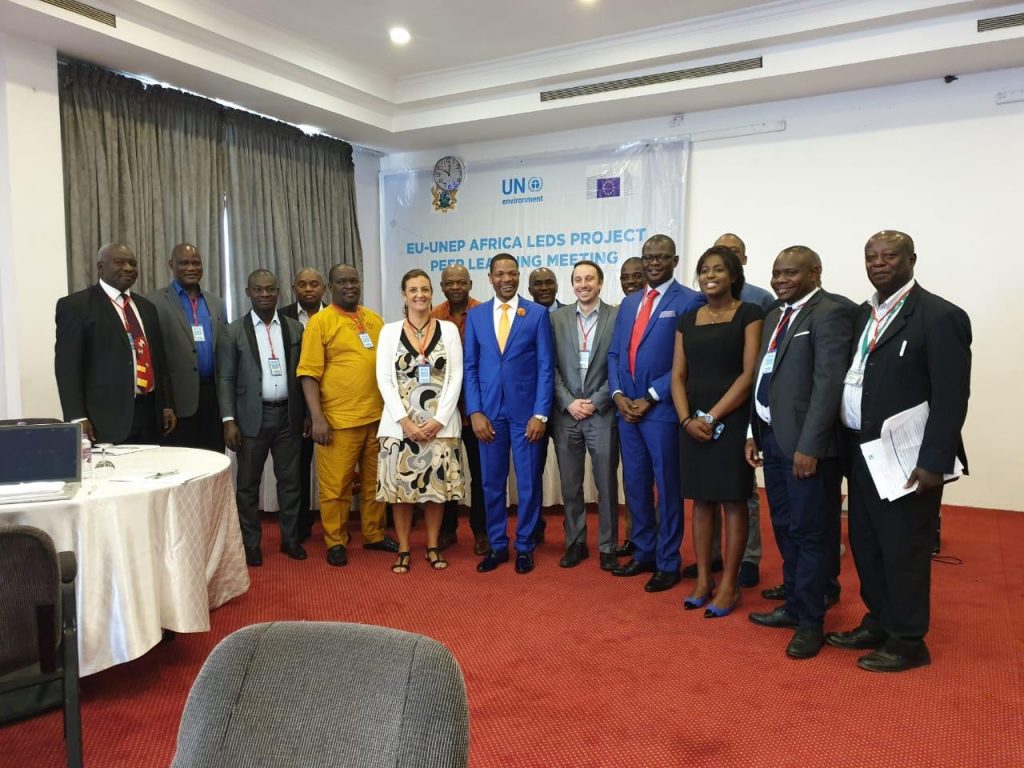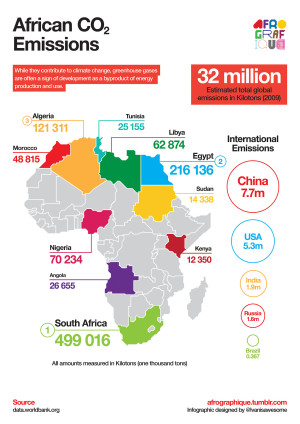
By Kofi Adu Domfeh
The little steps African countries are taking in transitioning to low emissions pathway are what will see the continent achieve climate compliance by 2030, as called for in the Paris Climate Agreement, says Dr. Richard Munang, UN Environment Africa Regional Climate Change Coordinator.
He believes countries’ Nationally Determined Contributions (NDCs) in the areas of agriculture, energy and forestry can be combined to maximize bottom line emissions reduction and amplify socioeconomic benefits of income creation and job opportunities in ancillary sectors popular with engaging the youth, especially ICT.
Dr. Munang was addressing a peer learning and closeout meeting of the EU-UNEP Africa Low Emissions Development Strategies (Africa LEDS) Project in Accra, Ghana, under the theme: “Unlocking Socioeconomic Opportunities Through Low Emissions Development Actions”.
Emphasizing that “there is no beauty but the beauty of action”, Dr. Munang said there is the need for innovative paradigms and actions to accelerate the realization of socioeconomic and climate benefits for the people of Africa.
“The sustainability and longevity of climate actions in the continent depends on how well they demonstrate socio-economic value,” he said. “This is especially so considering that while Africa is negligible emitter, it stands out as the most vulnerable to climate change, with vulnerability driven primarily by the prevailing low levels of socioeconomic development”.
The implementation of the EU-UNEP Africa LEDS project has demonstrated through ground actions and investment support tools, that strategic implementation of NDC priorities aligned to key socioeconomic sectors can maximise both climate and priority socioeconomic benefits simultaneously.
The Project is urging governments in Africa to create an enabling environment for low emissions development strategies uptake, leveraging on strategic implementation of ambitious NDC commitments.
The seven project partner countries include Cameroon, DRC, Cote D’Ivoire, Ghana, Kenya, Mozambique and Zambia.
Ghana, for instance, is of the firm belief that tacking climate change would help strengthen the resilience of the economy against shocks.
The current national development plan for Ghana, therefore, recognizes climate change as one of the developmental challenges and has developed policy interventions to address it in the medium-term.
“The policies set out in the national development plan informed the adaptation and mitigation actions that Ghana put forward in the first-round of its Nationally Determined Contributions (NDCs),” said John Pwamang, Acting Executive Director of Ghana’s Environmental Protection Agency.
He observed that though Ghana’s share of global greenhouse gas emissions is low, the mitigation measures being implemented are aligned to the low emission trajectory of the EU-UNEP Africa LEDS Project.
The Project is premiering LEDS modeling as a direct enabler of socio-economic development with actions targeted at sectors that could unlock socioeconomic development opportunities alongside offsetting carbon.
Susana Martins, Programmes Officer, Infrastructure and Sustainable Development at European Union Delegation to Ghana, emphasized the commitment of the EU to finance climate change interventions in Africa.
“We are committed to the implementation of projects on climate change,” she said.
The Africa LEDS Project is a partnership between the European Commission, UNEP, the LEDS Global Partnership, Africa LEDS Partnership and seven collaborating countries. The project has enabled significant progress on low carbon transformation in Africa.











